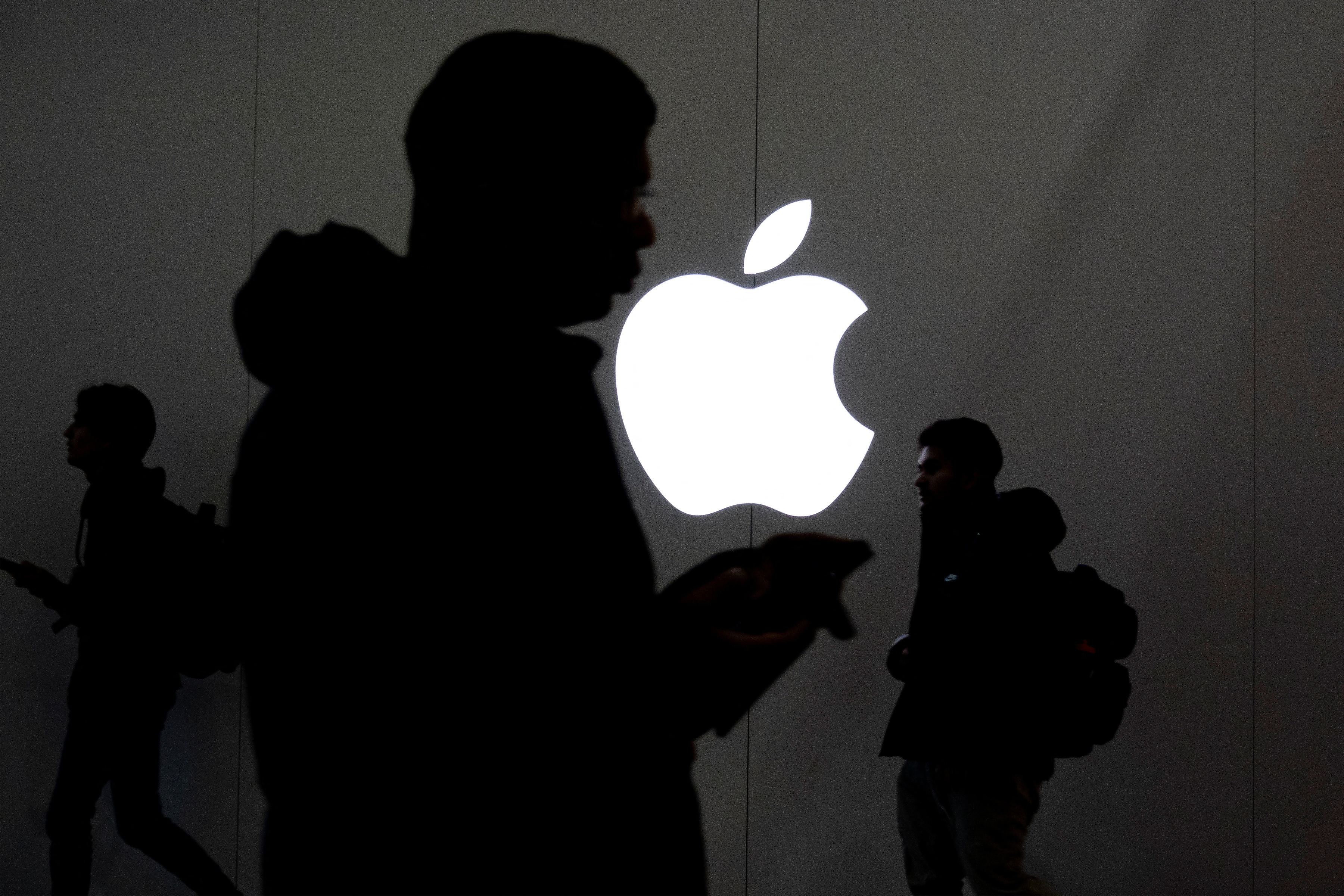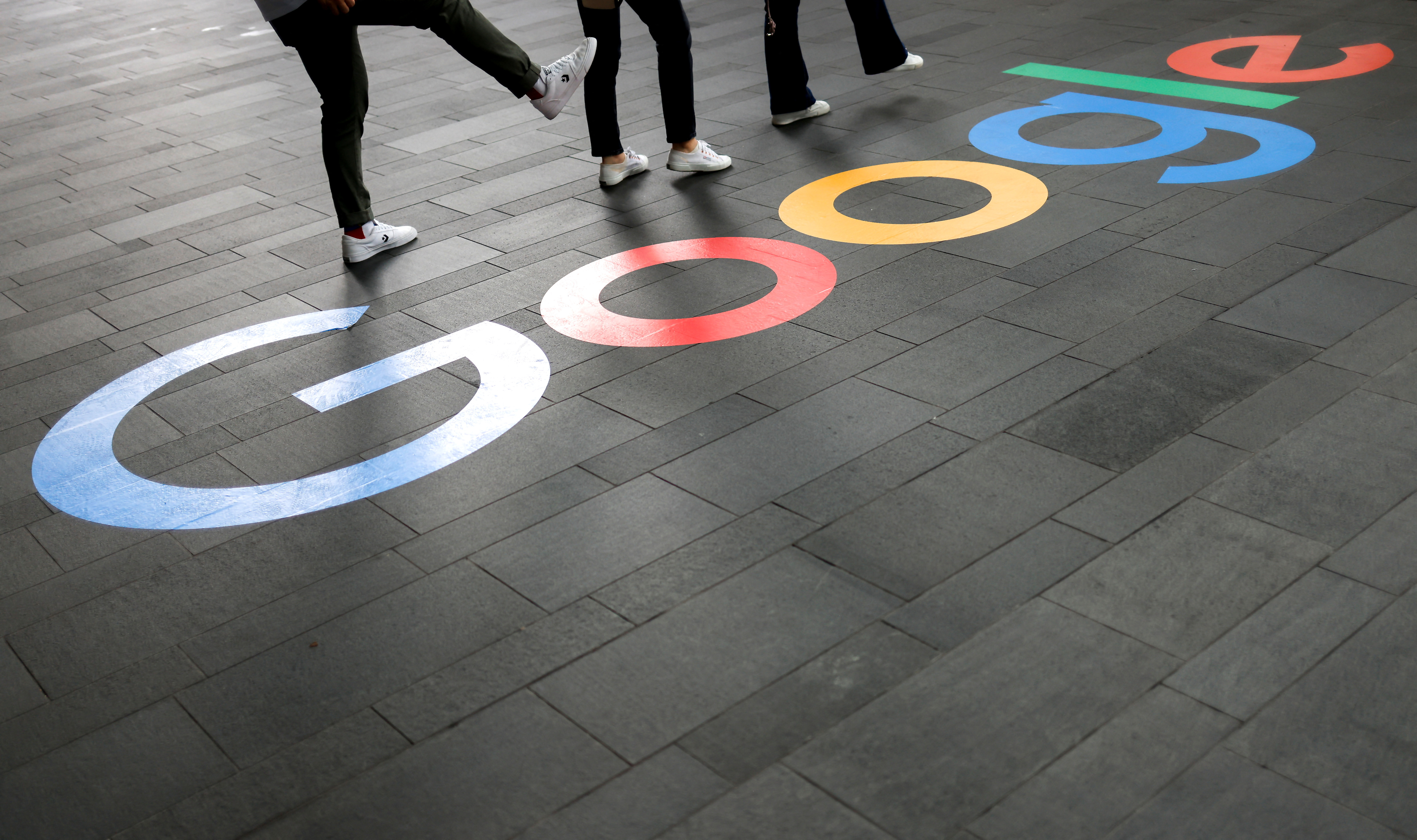
views
Britain’s competition watchdog on Tuesday launched an in-depth investigation into the dominance of the mobile browsers of Apple and Google.
Responses to a consultation it launched in June revealed “substantial support” for a fuller investigation into the matter and into whether iPhone-maker Apple restricts cloud gaming through its app store, the Competition and Markets Authority (CMA) said.
“Many UK businesses and web developers tell us they feel that they are being held back by restrictions set by Apple and Google,” Sarah Cardell, interim chief executive of the CMA, said in a statement.
“We plan to investigate whether the concerns we have heard are justified and, if so, identify steps to improve competition and innovation in these sectors. US tech giants, including Google’s owner Alphabet and Apple, are drawing increasing attention from competition regulators in Brussels, London and elsewhere.
Google’s Play Store is the subject of separate investigations by anti-trust authorities in the EU and Britain, the company said last month.
Why is the Probe Being Conducted?
The move follows a market study conducted by the Competition and Markets Authority (CMA) last year, which resulted in a final report this summer concluding that there are significant competition concerns, with the regulator finding the tech giants have “an effective duopoly on mobile ecosystems that allows them to exercise a stranglehold over operating systems, app stores, and web browsers on mobile devices,” according to a report by Tech Crunch.
At the same time, the CMA proposed a market investigation reference (MIR) with two foci: one on Apple and Google’s market power in mobile browsers, and another on Apple’s restrictions on cloud gaming through its App Store. That MIR proposal triggered a standard consultation process, with the regulator seeking feedback on the scope of its proposed probe, and then it confirmed the decision to conduct a market investigation, launching what’s known as a ‘Phase 2’ (in-depth) investigation that could take up to 18 months to complete.

The CMA announced that the investigation will focus on the supply of mobile browsers and browser engines, as well as the distribution of cloud gaming services via app stores on mobile devices. The CMA said in a press release announcing the launch of the in-depth investigation that responses to the consultation showed “substantial” support for a more thorough investigation into how Apple and Google “dominate the mobile browser market” and how “Apple restricts cloud gaming through its App Store.”
Its PR emphasises the strategic importance of mobile browsers, noting that “most” people use a mobile browser at least daily to access online content, and that 97% of all mobile web browsing in the UK last year took place on browsers powered by either Apple’s or Google’s browser engines, giving the pair enormous power over users’ experiences.
Concerned about cloud gaming services, the regulator is concerned that restrictions imposed via mobile platforms will stifle growth in the developing sector, causing UK gamers to “miss out,” as it puts it.
“Web developers have complained that Apple’s restrictions, combined with suggested underinvestment in its browser technology, lead to additional costs and frustration as they have to deal with bugs and glitches when building web pages, and have no choice but to create bespoke mobile apps when a website might be sufficient,” the press release also stated.
“In the end, these restrictions limit choice and may make it more difficult to bring innovative new apps to UK consumers’ hands.”
Apple and Google have argued that restrictions are required to protect users.
What Google, Apple Have Said
Google said its Android mobile operating system gave users a greater choice of apps and app stores than any other mobile platform. “It also enables developers to choose the browser engine they want, and has been the launchpad for millions of apps,” a spokesperson said.
“We’re committed to building thriving, open platforms that empower consumers and help developers build successful businesses.”
Apple said it would “constructively” engage with the CMA to explain how its approach “promotes competition and choice, while ensuring consumers’ privacy and security are protected.”
What’s Big Tech & Why is it Facing Trouble
According to a report by Tech Target, Big Tech refers to the most powerful and largest technology companies in their respective industries. Their products and services are used globally and are heavily relied on by businesses and individuals alike, raising concerns about their influence and operations, as well as whether strict regulations should be considered.
Several large corporations are frequently referred to as Big Tech. They are frequently combined and referred to using acronyms. A group of companies known as “The Four,” as well as the “Four Horsemen” or “GAFA,” all began in the United States and have their primary headquarters there – Apple, Google, Facebook (under Meta now) and Amazon.

Big Tech companies have grown significantly over the last 20 years. Most of them dominate their respective markets due to their technology. They’ve altered how businesses and individuals use technology in their daily lives, as hundreds of millions of people around the world use and rely on their products and services. Tech behemoths continue to rule because they understand their markets and the needs of their customers, and they deliver products that ensure customer satisfaction, the report explains.
However, the companies are now facing trouble and demands for regulation. In January 2020, the United States House Judiciary Subcommittee on Antitrust, Commercial, and Administrative Law launched an antitrust investigation into Big Tech companies. In January 2021, the committee issued a report claiming that Apple, Amazon, Facebook, and Google are all abusing antitrust laws to gain a competitive advantage. According to the report, tech behemoths are using massive amounts of consumer and business data to maintain their monopolies, gain a competitive advantage in new product markets, stifle rival innovation, and completely eliminate competitors. It further stated that corrective action, including the possibility of dividing these companies, should be implemented through legal action taken by the Department of Justice (DOJ) or legislation passed by Congress.
The European Union has also been on a mission to rein in US tech giants, which have been accused of tax avoidance, stifling competition, raking in billions from news without paying for it and spreading misinformation.
In the past few years, the EU has slapped eye-watering fines on Apple and Google in tax and competition cases, and drawn up a landmark law to curb the market dominance of Big Tech. Brussels has also toughened its code of conduct on disinformation and hate speech.
With inputs from agencies
Read all the Latest Explainers here















Comments
0 comment